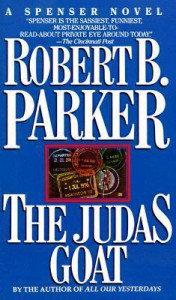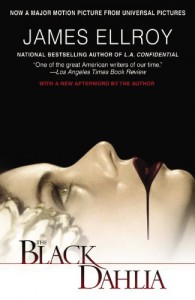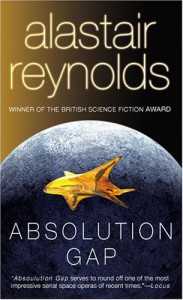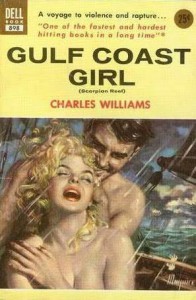
“That’s the sum story of human history, isn’t it? Could be worse...”

Running out of superlatives now. The second part of a three-part narrative begun with “Blue Remembered Earth” takes us back to the land of Afro-futurism, cognitively uplifted elephants and a giant mandala (“as wide as equatorial Africa”) on the surface of the planet Crucible. However the waters (of the Merfolk?) are muddied most pleasingly leaving this reader well up for part 3.
In “Steel Breeze” we have three clones of Chiku Akinya in play: one remains on Earth in Lisbon, another heads for the mysterious planet Crucible and another tries to catch up with her space-faring Grandmother Eunice. Earthbound Chiku discovers data from Crucible has been mucked about with by a malevolent AI “Arachne”: that Mandala is certainly there but, deliciously, so is something else in orbit and preliminary terraforming by robot pioneers is notable by its absence. There’s also the little problem that the ships heading there set off without any idea how they might be able to slow down once they arrive. Oh, plus that AI “Arachne” has got it in for an illegally built AI facsimile of Chiku’s famous grandmother. After a trip to parlay with the space-whale Arethusa (yes, really) and a disastrous Venus encounter with June Wing (who gets a beautifully described au revoir) we split our time between the Lisbon Chiku and the one travelling to Crucible. Ahead lies a sort of Windows 97 version of Arachne, the mysterious Watchkeepers and big decisions to be made, particularly about the advisability of letting artificial intelligences into your head. If you think you’re under pressure at work, check out what the characters here have to go through. I’d be signing up for “skipover” like a shot.
Reynolds’ ideas are never wildly out of left-field – he’s not Philip K. Dick – it’s all rocket-fuelled versions of ideas doing the rounds today. However, anyone can extrapolate but Reynolds never forgets we as readers wouldn’t mind having a bit of fun too in amongst all the SF-ness. He maintains what Rider Haggard called “the grip”, that difficult to quantify adhesive glue that keeps us turning the pages and which is the mark of all great popular writers. I admit I don’t *quite* get Reynolds’ interest in elephants but I’m perfectly willing to indulge him when everything else whirling around in the mix makes for such good readin’. I love his sense of story: the secret passages, a door only one person can open, a mysterious explosion during experiments to create a new power source to decelerate after space travel. “On The Steel Breeze” put me in mind of John Wyndham’s “The Outward Urge” – another novel that tackled the classic SF subject of man’s ascent to the stars – and while Reynolds’ “Revelation Space” trilogy seems to get most of the light I can’t see why, if he sticks the landing with part 3, “Poseidon’s Children” shouldn’t be considered just as good – at least by me, if the critical consensus hasn’t got there already. That’d two slam-dunk trilogies to his name. Imagine if the man went absolutely crazy and embarked on a 10 book sequence. Now there would be some reading.






















